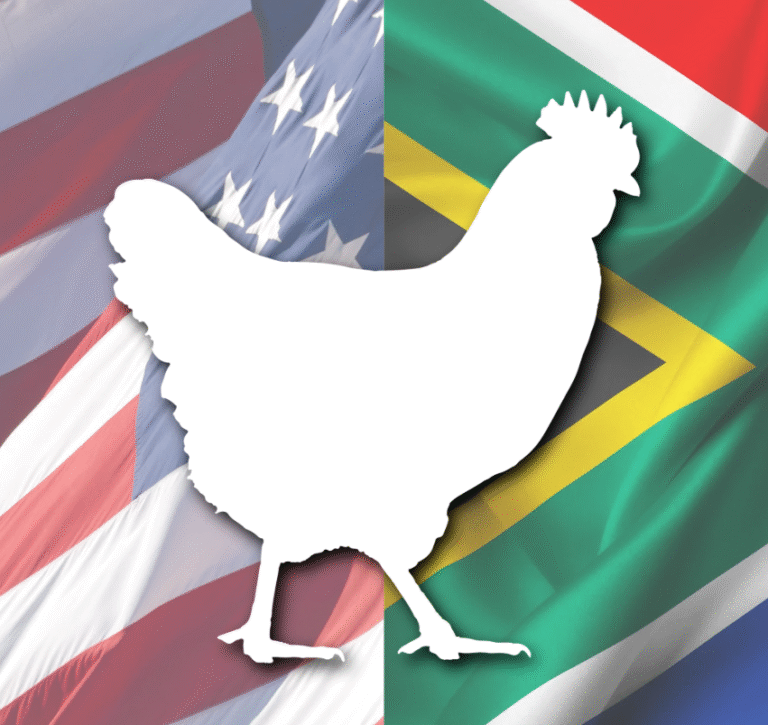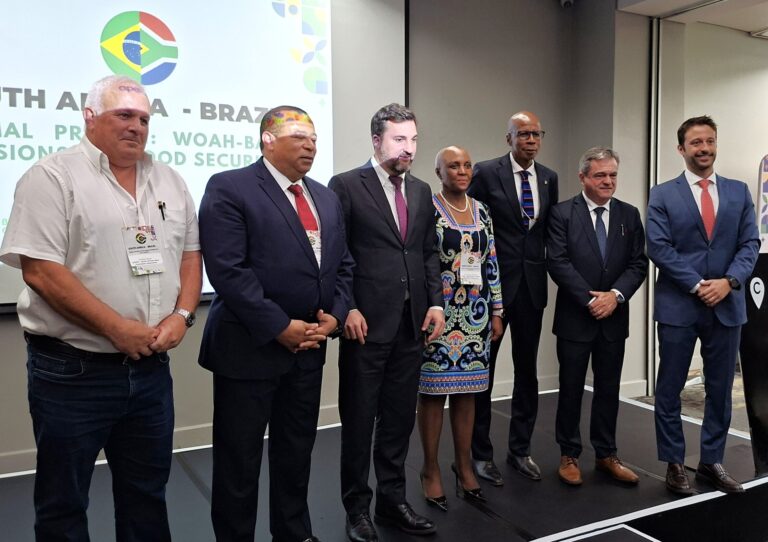Brazil is the world’s largest exporter of poultry, supplying over 170 countries with affordable, high-quality protein.
In South Africa, more than 80% of poultry imports originate from Brazil, making it a cornerstone of the local meat processing industry and a vital contributor to food security.
Yet, concerns regarding Brazil’s food safety have been raised by local critics, most recently in July 2025 when FairPlay urged vigilance as imports resumed following a temporary bird flu ban.
Safety Warning and Historical Context
FairPlay founder Francois Baird cautioned that South Africa should remain alert to potential risks, citing past lapses in Brazil’s food safety record.
In response to concerns, rather than shy away from scrutiny, the Brazilian authorities initiated sweeping reforms designed to make its system impenetrable.
This period of change began with decisive actions including the 2017 “Operation Weak Flesh” initiative, launched to promote transparency and combat corruption. The result was not just compliance, but the construction of a new gold standard built on stronger inspection procedures and a commitment to openness throughout the supply chain.
This dedication to continuous improvement ensured that Brazil’s protocols were internationally verifiable. Today, the nation’s poultry industry operates under what Ambassador Benedicto Fonseca Filho proudly calls the “highest standards and an internationally recognised regulatory framework.”
Brazil’s Sanitary Inspection System is now widely regarded as “a benchmark for the industry,” a status earned by meticulously aligning every step of production with the rigorous guidelines of the Codex Alimentarius and the World Organisation for Animal Health (WOAH).
The strength of this system was tested and proved in early 2025 with an outbreak of Highly Pathogenic Avian Influenza (HPAI). Brazil’s response was immediate and surgical: the affected farm was swiftly depopulated and disinfected, containing the threat precisely where it began. The decisive containment measures were fully validated by WOAH, confirming the reliability of Brazil’s infrastructure.
This swift, transparent, and effective action paid off. By July 4, 2025, South Africa officially lifted its import ban. The Department of Agriculture confirmed the security of the revised Veterinary Health Certificates, signalling a renewed and fortified confidence in Brazil’s commitment to ethical production and consumption food safety across the globe.
Why South Africa Needs Poultry Imports
South Africa’s poultry industry faces periodic supply constraints due to disease outbreaks, production bottlenecks, and cost pressures.
The 2023 outbreak of highly pathogenic avian influenza (HPAI) underscored the vulnerability of local supply chains. Imports from Brazil help bridge these gaps, ensuring continuity in food supply and protecting consumer access to affordable protein.
Mechanically deboned meat (MDM) and offals such as feet, gizzards, and skins are essential inputs for processed meats and informal markets. These products support school feeding programmes and provide low-cost protein to vulnerable populations. Without imports, local production cannot consistently meet demand at scale or price.
Conclusion
It is important to highlight that, although Brazil has addressed various operational scandals, none have resulted in public health crises. As such, Brazil continues to play a vital role in global food systems.
For South Africa, imports from Brazil are not just a commercial convenience, but a strategic necessity.
As long as regulatory oversight remains strong and transparent, Brazilian poultry will continue to support South Africa’s nutritional needs and economic resilience.




